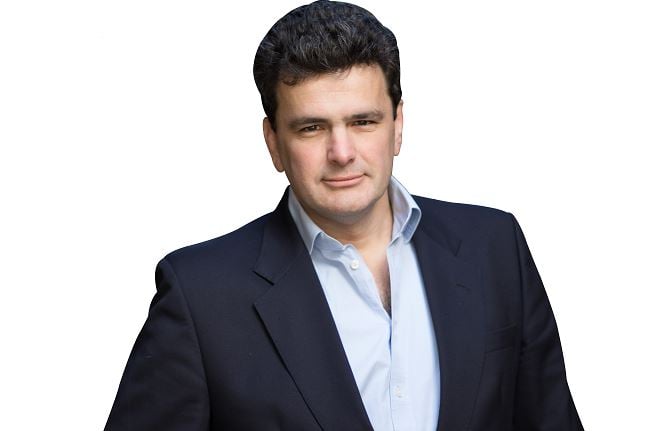

Q: Who or what inspired you to enter the world of finance?
A: Banking, finance and money make a huge difference in people’s lives. Fights over money are cited as one of the major reasons for divorce. Affording things like healthcare, education and housing makes a huge difference to the welfare and life span of Australians and people all over the world. My father-in-law used to be a good old-fashioned small town bank manager who cared about his customers and knew every one of them by name. He quit in disgust many years ago as he saw the bank he worked for move towards profit at all costs, and away from customers. I wanted to use technology to bring that service back to customers, and to help make life better for people.
Q: What’s your favourite way to relax after a stressful time at work?
A: After work? What’s that?
Q: What do you wish you’d known when you started out in finance?
A: That people really hate banks and, more often than not, they have a really good reason to do so. I have always found it deeply mystifying that most people who work in banks are really decent human beings and yet the organisations they work for often behave appallingly. These people work hard, they care about people and customers, and they are deeply honest ... and yet we get all the issues we saw uncovered in the royal commission. I still wish I knew why.
Q: What was your first job?
A: After the obligatory paper round, I was a junior lifeguard at the local council swimming pool in Slough, England. As if that doesn’t sound glamorous enough, I was too young to be a real lifeguard so usually just spent my time hosing down ‘presents’ the patrons had left in the pool and changing rooms!
Q: What are your top survival tips for working in finance?
A: Always tell the truth and never play in the grey areas. I believe Warren Buffet once said that if you lose money, that’s forgivable, but if you lose your reputation you get fired. While none of us are perfect, our customers deserve the very best we can give them, both professionally and ethically.
